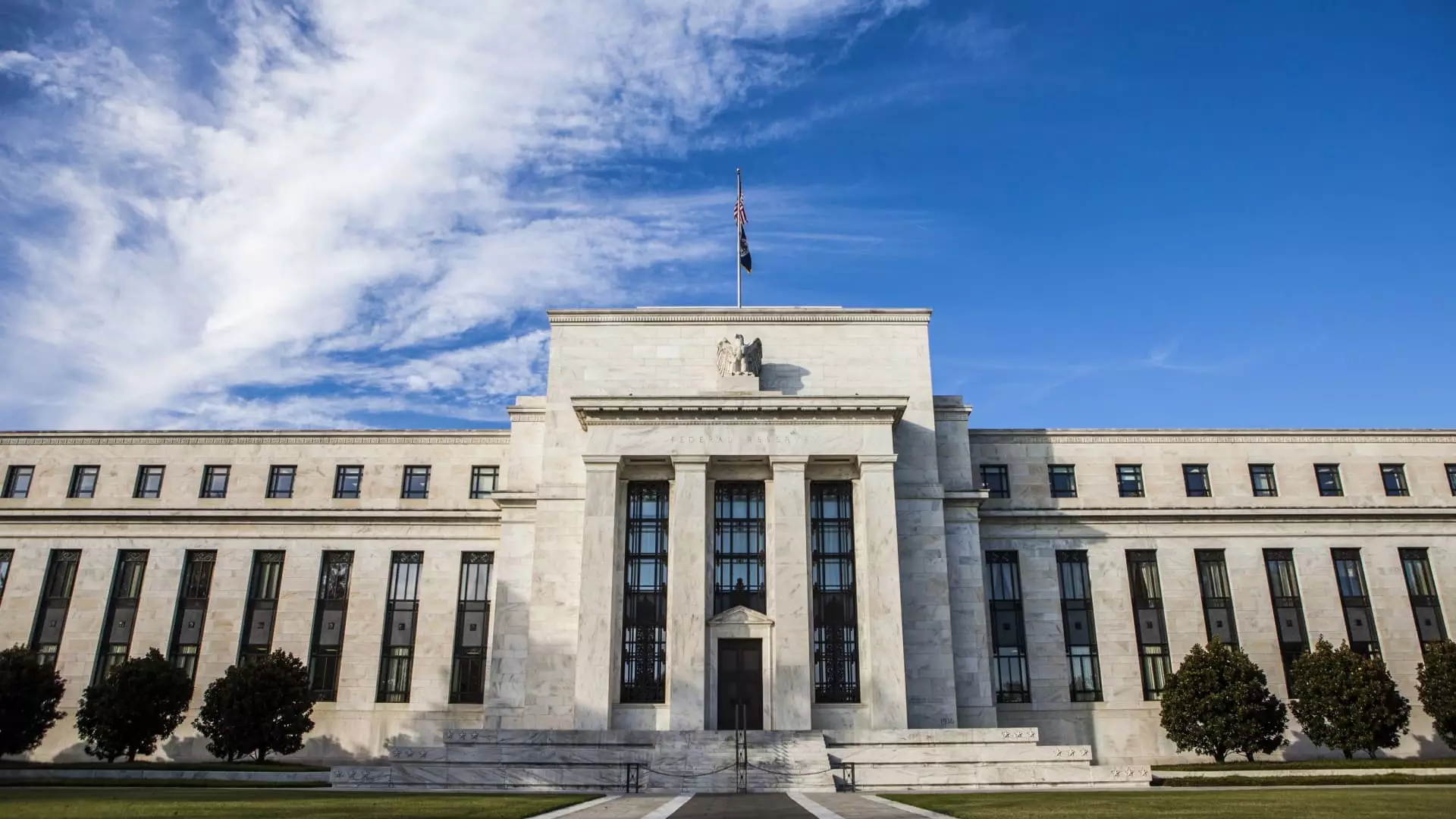In a notable development, some of the largest financial institutions in the United States are reportedly preparing to take legal action against the Federal Reserve regarding the annual bank stress tests. A lawsuit could be filed imminently, potentially as early as Tuesday morning. The stress tests are designed to assess the resilience of banks against economic shocks, compelling them to hold sufficient capital reserves to safeguard against potential loan defaults. Additionally, the tests directly influence banks’ decisions concerning share buybacks and dividend distributions.
Following the close of financial markets on Monday, the Federal Reserve issued a statement announcing an intention to reform the stress tests, seeking public input on these “significant changes.” The Fed’s rationale for modifying the testing framework appears grounded in the shifting legal landscape and recent updates in administrative laws that govern these regulations. Nevertheless, the specifics of the potential reforms remain vague, indicating a broader commitment to improve the transparency of the testing processes and mitigate the volatility associated with capital buffer requirements.
Despite these proposed modifications, it can be argued that they may fall short of addressing the fundamental concerns raised by banking executives. The Fed has made it clear that the modifications should not significantly alter the overall capital requirements—a distinction that may leave the banks feeling unresolved in their quest for reform.
Greg Baer, CEO of the Bank Policy Institute (BPI), which advocates for major banks such as JPMorgan Chase, Citigroup, and Goldman Sachs, expressed cautious optimism regarding the Fed’s announcement. He characterized the news as a preliminary step toward increased transparency and accountability. However, Baer’s statement also hinted that the banks are considering further measures to pursue timely reforms. This dual response underscores the juxtaposition between hopeful progress and the pressing need for extensive overhaul to meet the expectations of large banking entities.
The BPI, along with other banking organizations like the American Bankers Association, have frequently expressed discontent with the current stress test protocols. Their argument emphasizes that the tests result in unnecessarily stringent capital requirements, adversely impacting lending capabilities and ultimately hampering economic growth.
The impending lawsuit represents a significant escalation in the ongoing discourse between large banks and regulatory bodies. Should the legal challenge move forward, it could lead to a reexamination of not only the stress test frameworks but also the broader regulatory apparatus governing financial institutions in the United States. In a landscape characterized by evolving economic challenges and regulatory responses, the outcomes of such legal actions can set precedents that reshape the functions and responsibilities of financial regulators and banks alike.
As this situation develops, stakeholders across the financial sector will be watching closely. The ensuing legal battle may redefine the balance between regulatory oversight and the operational autonomy of banking institutions, influencing the broader economic climate in the years to come.

